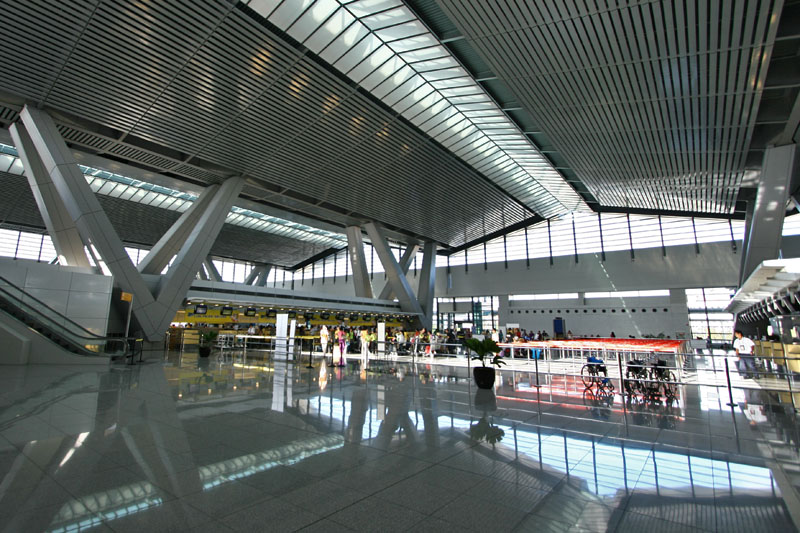
MANILA—The head of the Catholic Bishops’ Conference of the Philippines-Episcopal Commission on Migrants and Itinerant Peoples (CBCP-ECMI) said the government should look into country’s international airports for failure to detect alleged illegal drugs hidden in luggage of Filipino workers bound abroad.
Bishop Rupert Santos, chairman of CBCP-ECMI noted that airports in the country are supposed to be manned by competent personnel as well as equipped with machines that would be able to detect illegal drugs.
“But also we should look at what is happening in our local airport? Why was this woman able to get out of our airport this huge amount of cocaine? Why was it not detected? Why is it that they can find a single bullet in a hidden compartment and not find almost one kilo of cocaine?” he asked.
With this, the Catholic prelate reiterated the government and the Commission’s call on Filipinos who will be working abroad to be cautious while at the airport and should not take any parcel or packages from strangers to avoid consequences.
“Nevertheless we once again caution our Filipino women. Do not agree to be drug mules. It is a very dangerous pursuit. It is criminal. It has dire, and deadly, consequences,” he said.
“Our government has warned against acting as drug mules. We in the Commission on Migrants have constantly spoken out about the extreme consequences of carrying and transporting drugs. Drug laws are very harsh in foreign countries and even in ours, as evidence by the deadly toll of the government’s war on drugs,” Santos added.
On Friday, a Filipino national was arrested in Hong Kong after authorities found 720 grams of cocaine with an estimated value of HK750,000 in her luggage upon her arrival at the Hong Kong International Airport.
The Filipino, who was not identified, told the Philippine Consulate in the said country that she had no idea that there were illegal drugs in the bag, which was given to her by somebody from Manila and asked to bring to her destination.
She is awaiting the start of her trial and bail hearing.